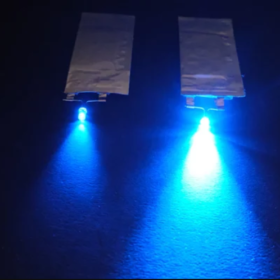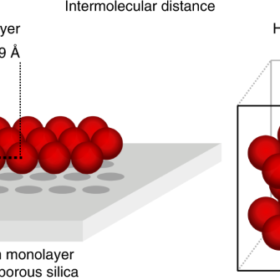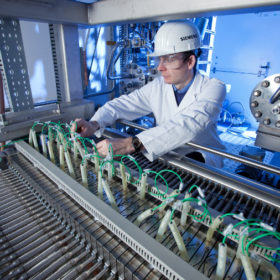Max Planck spinoff making metal mesh electrodes for lithium-ion batteries
The Max Planck Institute for Medical Research has produced batene fleece, a fine metal fleece, to act as current collectors in batteries, making them safer and more energy dense. Its Batene GmbH spinoff, backed by €10 million ($10.02 million) of seed funding, is now bringing the tech to market.
The Hydrogen Stream: Condensed hydrogen on smooth surfaces can sharply exceed liquid hydrogen density
A German-US research team has shown that hydrogen condenses on smooth surfaces at a very low temperature, forming a super-dense monolayer that reduces the volume to just 5 liters per kilogram of H2. Dutch researchers, meanwhile, have published a new study on hydrogen storage in porous rocks, and Itochu said it is moving forward with hydrogen plans in Japan and South Africa.
A close look at nature could lead to cheaper hydrogen
Scientists at the Australia National University have observed a key stage in the process of photosynthesis which could be copied to greatly increase the efficiency of sunlight-powered water splitting processes used to produce hydrogen.



